An exchange between two of the most high-profile LGBTQ individuals in American politics offered one of the most stunning and memorable moments of the first Democratic presidential debates.
Rachel Maddow, an out MSNBC anchor, opened the second half of Thursday's debate by pressing presidential candidate Pete Buttigieg on a social justice issue. Specifically, she called on him to address a police shooting of a Black man in South Bend, Ind., where the gay presidential candidate is mayor.
"In the last five years, civil rights activists in our country have led a national debate over race and the criminal justice system," Maddow noted. "Your community of South Bend, Ind., has recently been in uproar over an officer-involved shooting. The police force in South Bend is now 6 percent Black in a city that is 26 percent Black. Why has that not improved over your two terms as mayor?"
Buttigieg addressed the situation with a level of contrition.
"I couldn't get it done," he said. "My community is in anguish right now because of an officer-involved shooting, a Black man, Eric Logan, killed by a white officer. And I'm not allowed to take sides until the investigation comes back. The officer said he was attacked with a knife, but he didn't have his body camera on. It's a mess. And we're hurting."
But other candidates on the debate stage confronted Buttigieg about the matter, suggesting he had not shown enough leadership. U.S. Rep. Eric Swalwell of California previously served on the Dublin, Calif., City Council. Like Buttigieg, he pushed for police body cameras at the time. That a body camera on a South Bend officer was turned off showed a need for public accountability.
"If the camera wasn't on and that was the policy, you should fire the chief," Swalwell said.
Former Colorado Gov. John Hickenlooper also laid into Buttigieg, saying it showed a problem for police to have such poor minority representation five years after racial conflicts in Ferguson, Mo.
"The question they're asking in South Bend and I think across the country is why has it taken so long?" Hickenlooper said.
Buttigieg was one of few candidates debating in Miami who declined to enter the media spin room after the debates.
The other was Democratic front-runner and former Vice President Joe Biden, who also had a testy exchange over social justice issues.
Perhaps the most notable moment of the entire debate came as U.S. Sen. Kamala Harris of California confronted Biden over his fight against busing decades ago.
"It's personal -- and I was actually very -- it was hurtful," Harris said, "to hear you talk about the reputations of two United States senators who built their reputations and career on the segregation of race in this country. And it was not only that, but you also worked with them to oppose busing.
"And, you know, there was a little girl in California who was part of the second class to integrate her public schools, and she was bused to school every day. And that little girl was me."
Biden said that was a mischaracterization of his civil rights record. He said he only opposed a federal mandate on busing, and his fight would not have impacted Harris in school.
Biden also invoked his work on behalf of LGBTQ Americans as proof of his social justice bona fides.
"Everything I have done in my career, I ran because of civil rights," Biden said. "I continue to think we have to make fundamental changes in civil rights, and those civil rights, by the way, include not just only African-Americans, but the LGBT community."
Harris found the answer unsatisfactory, saying the federal government needed to fight segregation policies nationwide. She noted the integration in schools near her came two decades after the Brown v. Board of Education Supreme Court decision ordering desegregation of schools.
U.S. Sen. Bernie Sanders of Vermont was pressed by moderators about comments he made early in his campaign dismissing the desire to see a marginalized community represented on a ticket. Sanders stressed he only feels that the Democratic message cannot be exclusively about minority representation.
"Unlike the Republican Party, we encourage diversity, we believe in diversity. That's what America is about," he said.
"But in addition to diversity, in terms of having more women, more people from the LGBT community, we also have to do something else. And that is, we have to ask ourselves a simple question, in that how come today the worker in the middle of our economy is making no more money than he or she made 45 years ago, and that in the last 30 years, the top 1 percent has seen a $21 trillion increase in their wealth?"
During discussions of gun control, Swalwell, who has made the issue a central plank of his candidacy, took a moment to acknowledge a Florida community hurt by gun violence.
While many candidates both nights of the debate evoked the school shooting in Parkland, only Swalwell raised the 2016 shooting at Pulse nightclub, another major mass shooting in the same state as the Democratic debate.
Swalwell told The Advocate he made that decision specifically to acknowledge a community largely ignored from the debate stage.
"We're in Florida, and yes, there was a shooting in Parkland and I've worked with those families," he said, "but there was also shooting in Pulse that really affected the LGBTQ community. I wanted them to know that they are not forgotten. Neither are the children, especially Black children, who are dying every day in our cities whose names are never known and whose stories are never told."

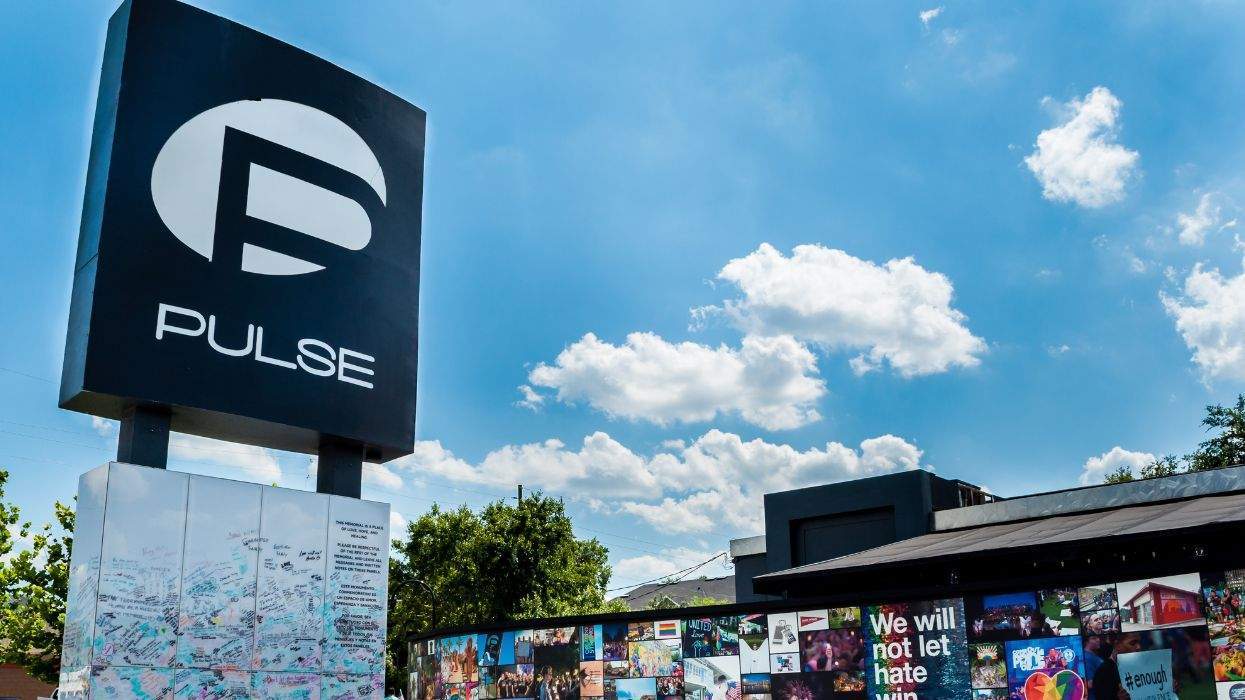

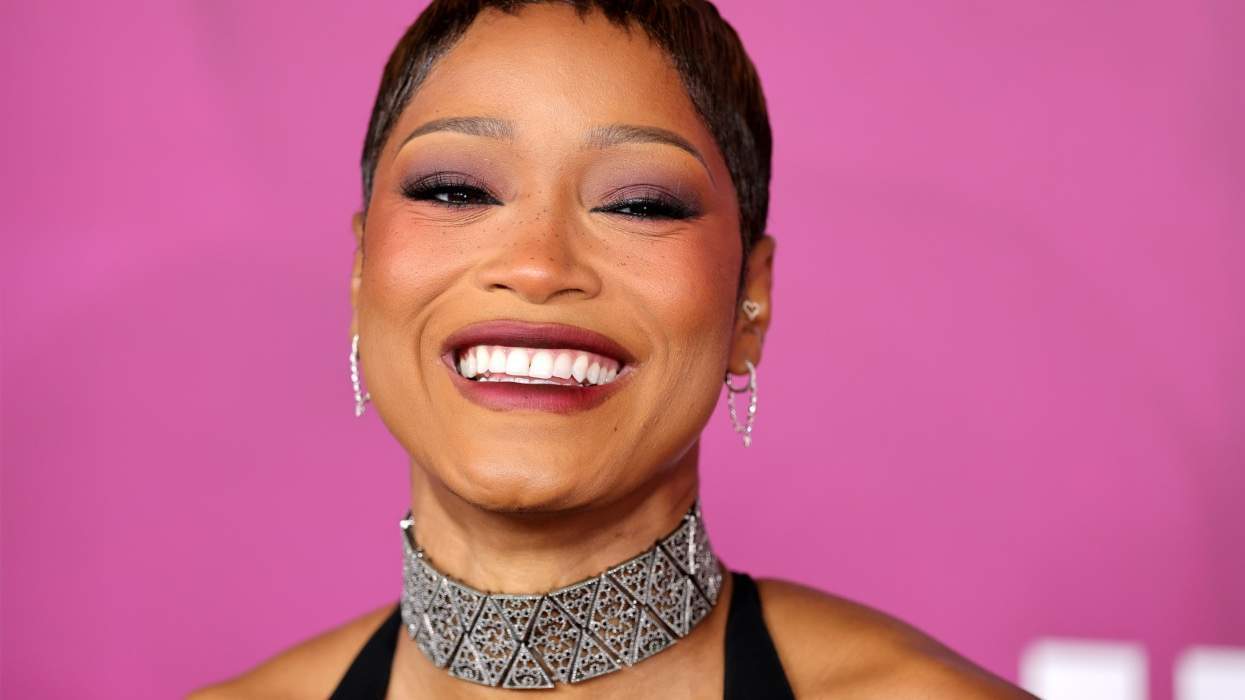

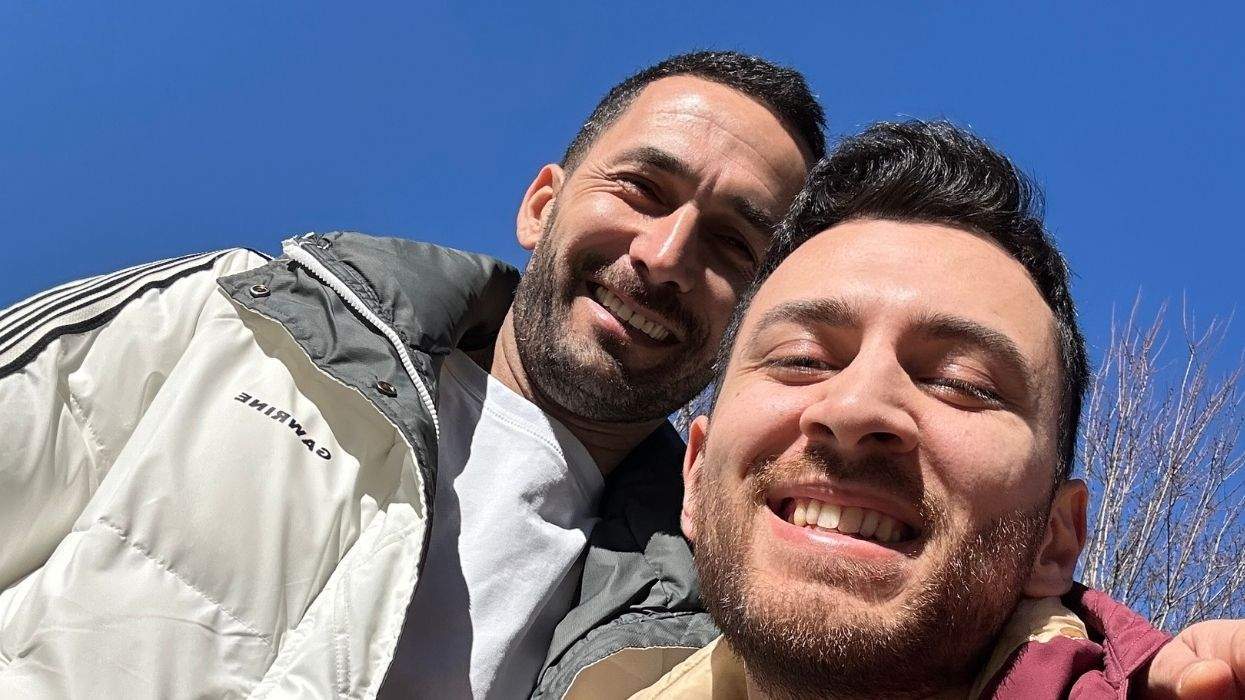
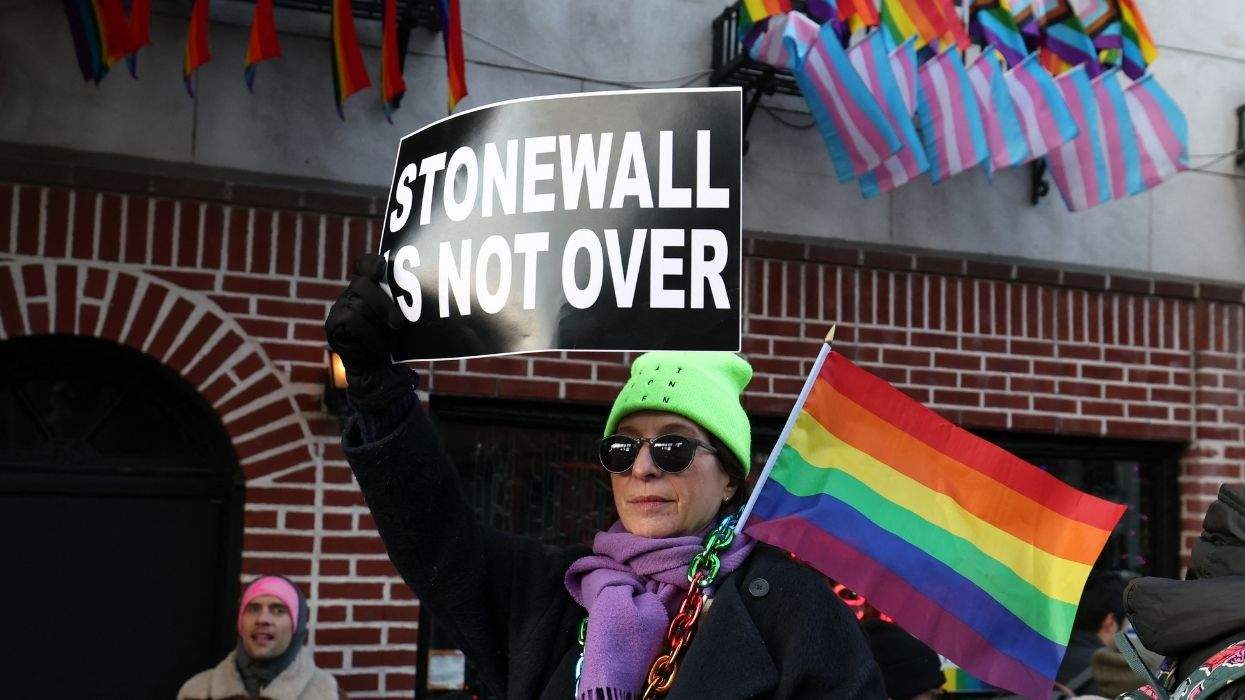


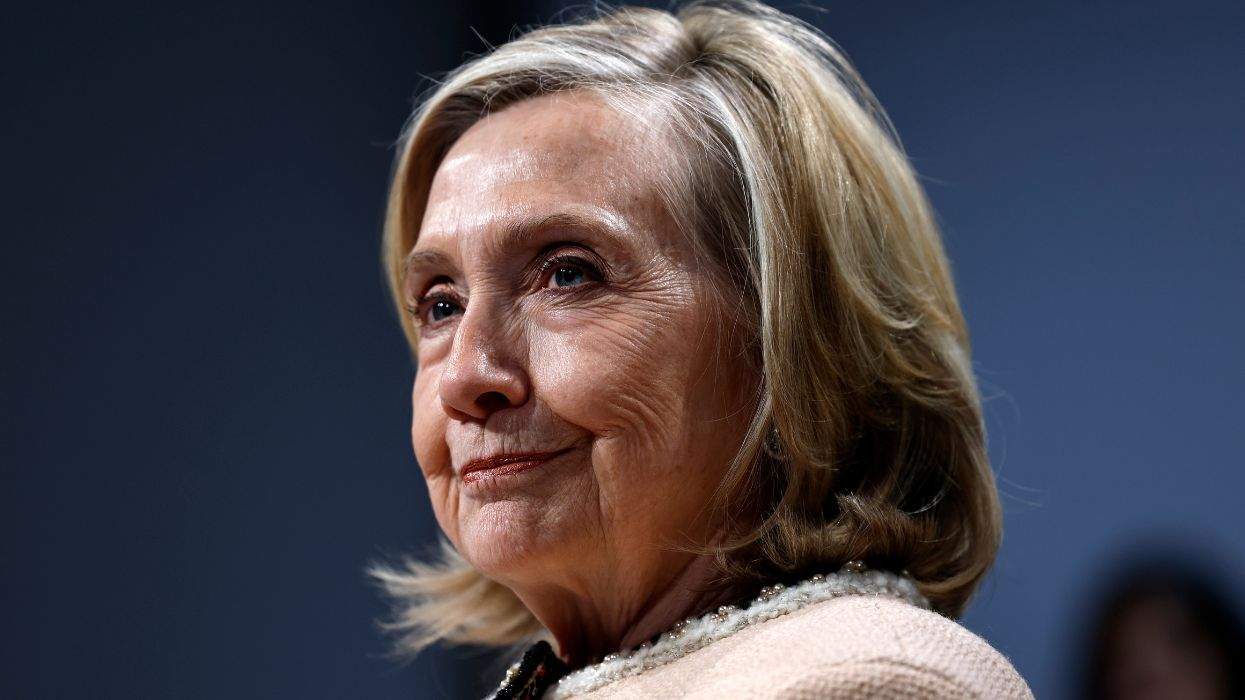





Charlie Kirk DID say stoning gay people was the 'perfect law' — and these other heinous quotes
These are some of his worst comments about LGBTQ+ people made by Charlie Kirk.